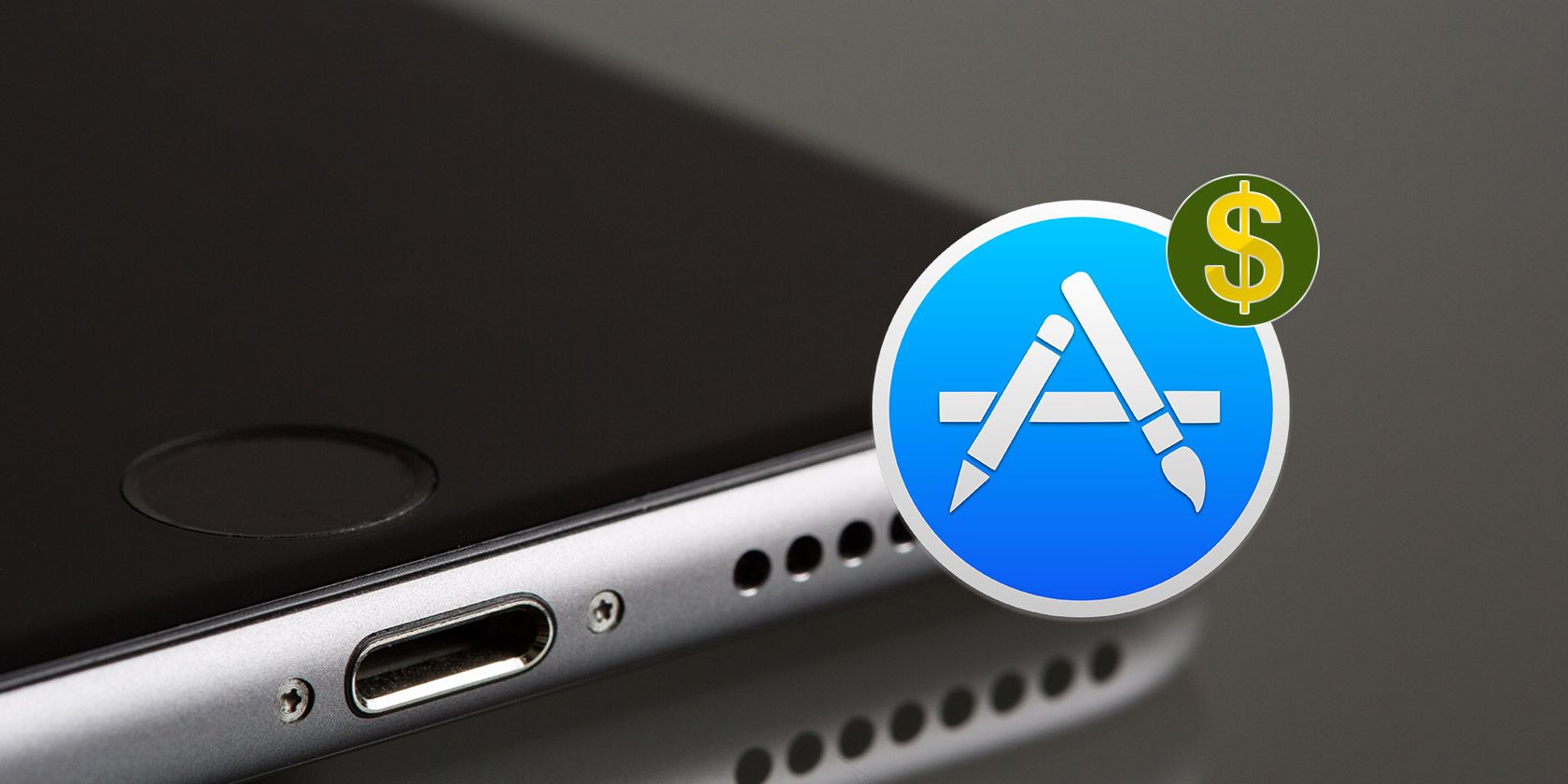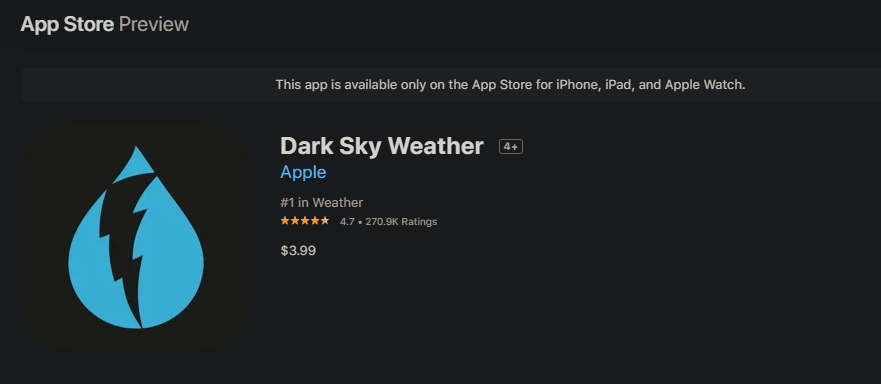A lot of people are inclined to use only or mostly free apps, even if paid apps are available that do the same task. While it's amazing what you can get for free, paying for an app is often worth the cost in the long run.
Let's discuss some reasons why paying for iPhone or Android apps is worthwhile over their free counterparts.
1. Developers Won't Have to Make Money Elsewhere
It's easy to balk at the $5 price tag of an app and debate whether you should buy it for days, even if you wouldn't think twice about spending that much money on a coffee. What's important to remember, though, is that app owners have to make money somehow.
If they don't earn money from you paying for the app, they might stick ads in the app. These can pay the bills, but they're ugly and can become unbearable when taken to the extreme of unskippable video ads. Developers can also suck up your data and sell it to third parties, but that means you pay for the app with your privacy.
Even for simple apps that are just a side hobby, publishers still have to pay a yearly cost for Apple's Developer fee to be listed on the App Store. For more complex apps, there are additional costs that have to be paid somehow.
If you don't spend money, you'll pay with time or your personal data.
2. Paid Apps Are Less Likely to Disappear
Nothing can go on for free forever. There are several examples of beloved free apps that were discontinued because they didn't make enough money. One such app was the email app Mailbox, which packed many features that were innovative for email clients at the time.
Mailbox launched for iPhone in February 2013, then the company behind it was purchased by Dropbox in March of that year. After Mailbox for Android launched in April, it was only a short time before Dropbox announced in December 2015 that it was going to shut down the app the following February.
Dropbox was able to fund Mailbox for a while, but since Mailbox was completely free, it had no way to make money. When it went under, everyone who relied on Mailbox had to find a new mail client, which is a hassle and has a negative effect on your productivity.
You never know when the "too good to be true" free app you love today will disappear tomorrow because its income model wasn't sustainable.
3. Paid Apps Offer Better Developer Support
Developers making sizeable amounts of money from their apps will encourage them to keep going. If they're earning, say, $700 a month from people buying the app, that's a lot of extra money for their efforts.
Once an app gets to this point, the developers have a vested interest in maintaining it. If they don't update their app to work with the latest versions of iOS, fix bugs, and otherwise run smoothly, negative reviews will come flooding in. Once the app's reputation is hurt, that income the developer got used to will dry up.
Lots of people have created an app as a one-time experiment, perhaps to practice the skill of development. But if they release their app for free and never look at it again, there's little chance anyone will want to use it in the future. You've probably stayed away from apps on Google Play that reek of Android design standards from a decade ago for this reason.
4. No Worry About Freemium Lockouts
Instead of requiring upfront payment, many apps today follow a freemium model. In this, some of the features are available for free, but unlocking everything requires a payment. And while this works for some apps, it's not a perfect strategy in all cases.
While one app's freemium version might have all you need, another one might lock its killer feature behind the paywall or severely limit your use of its services. Plus, if everyone stuck with the free version, the developer wouldn't make money—feeding back into the problems above.
In some cases, a developer might even take features that were once available in the free version and restrict them to paid users only. This infamously happened with Pushbullet, a once-beloved app that lets you easily send information across devices, among other functionality.
When the app introduced a Pro plan a few years into its life, the developers moved several key features, such as universal copy and paste, behind the paywall.
And today, Pushbullet is no longer available for iPhone. One of the developers has stated on Reddit that because none of the features in Pushbullet Pro work on iOS, it makes no sense to put effort into the iPhone app since it won't keep development going. In an earlier Reddit thread, he mentioned implementing the now-required Sign in with Apple functionality would be too much work, which also contributed to the delisting.
The more people who support apps by paying for them, the less chance another story like Pushbullet will happen.
5. Paid Apps Usually Have More Polish
As discussed above, developers have more reason to spend time on an app that's making them money. If they're barely scraping by with it, they probably won't have the time to make little optimizations.
These sound minor, but they can add up. Having apps crash in the middle of doing something, worrying about it logging you out for no reason, or wondering why your taps aren't registering are all real hassles of using unpolished apps.
It's frustrating to work with apps that have these problems, so a few dollars can save you time and raised blood pressure.
6. Paying for Apps Supports Developers
We've given many practical reasons why you should pay for apps, but these are mostly self-serving: you should pay so that you get better apps. However, there's something to be said about the simple act of supporting a developer whose work you like.
Even if it's just a few dollars here or there, knowing that you're helping a quality developer eat is a good feeling. Chances are that you're happy to pay for other services you find valuable, like tipping for food delivery. Why not extend that same logic to someone who spent dozens of hours building an app you think is awesome?
Consider Paying for Apps After All
Of course, this doesn't mean that you should only use paid apps, or that there are no good free apps. Plenty of developers offer incredible apps for free because they're generous and want to share their cool creations with others. But as we've seen, these don't last forever.
The prevalence of the subscription model complicates this a bit, but the principle still stands. Many times, paying for an app keeps the product you like alive and in good shape for longer.


